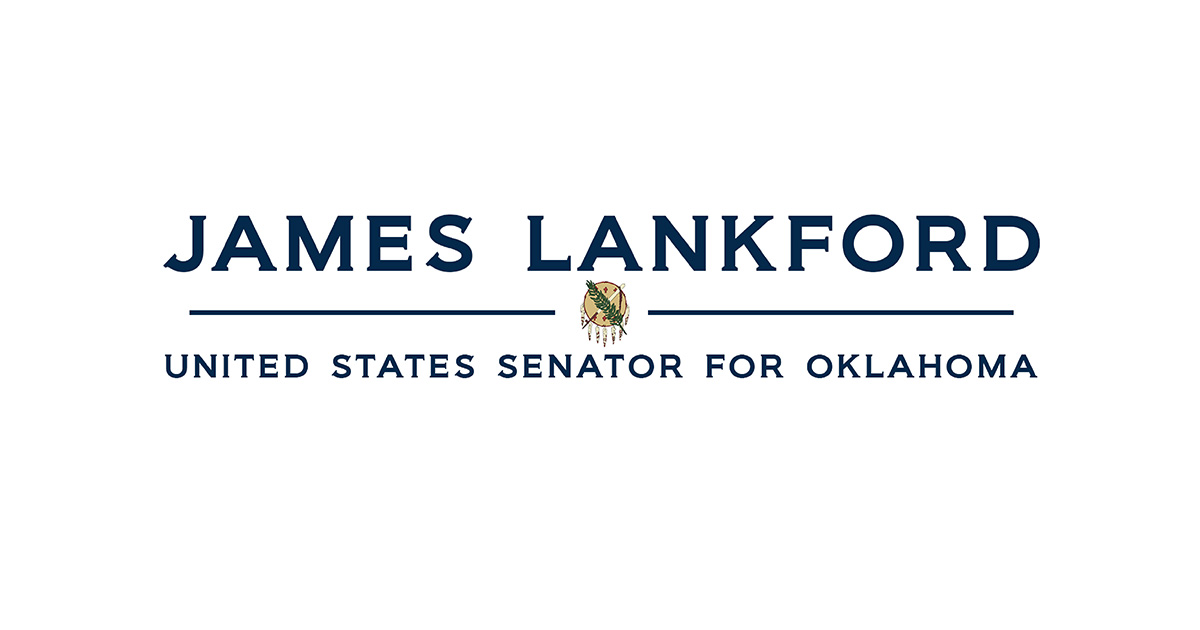Source: United States Senator for Oklahoma James Lankford
WASHINGTON, DC – Senator James Lankford (R-OK) joined Senator John Barrasso (R-WY) to introduce the Pay Less at the Pump Act to lower energy prices for American families by repealing the $10.5 billion “Superfund Tax” on American energy production.
“As I predicted, the so-called ‘Inflation Reduction Act’ was just a front for progressives to slip through Congress many of their Green New Deal priorities, including a ‘Superfund Tax’ on oil and gas,” said Lankford. “Families, farmers, and many forms of agriculture, industry, and business in my state rely on oil and gas for everyday work. Biden’s own experts admit that by 2050—as far out as they’re willing to predict—we will need at least as much traditional energy as we use now. So the fantasy that he can tax his way into a renewable-only economy is only hurting Americans. We should work on lowering prices for Oklahoma families, not punishing them with more taxes.”
“Hardworking families in Wyoming are paying the price for the Democrats’ war on American energy. Across the country, Americans are feeling the pain every time they go to fill up their gas tanks,” said Barrasso. “Reckless and out-of-touch taxes like this make already skyrocketing energy costs even higher, at a time when Americans can least afford it. We must repeal this tax and put forward proposals that unleash American energy and lower costs for Wyoming families.”
Cosponsors of this legislation include Senators John Thune (R-SD), Cynthia Lummis (R-WY), Marsha Blackburn (R-TN), Jim Risch (R-ID), Mike Lee (R-UT), Tim Scott (R-SC), and John Hoeven (R-ND).
The bill repeals the “Superfund Tax” on crude oil and imported petroleum products that was reinstated in the Democrats’ reckless tax-and-spend bill. This tax leads to higher prices for families and businesses. Upon reinstatement of the long-expired tax, the tax was raised from its original 9.7 cents per barrel, to a new rate of 16.4 cents per barrel. Additionally, the tax was indexed to inflation, meaning higher tax burdens in future years.
This bill has received support from the American Fuel and Petrochemical Manufacturers, the American Petroleum Institute, and Petroleum Association of Wyoming,
###
